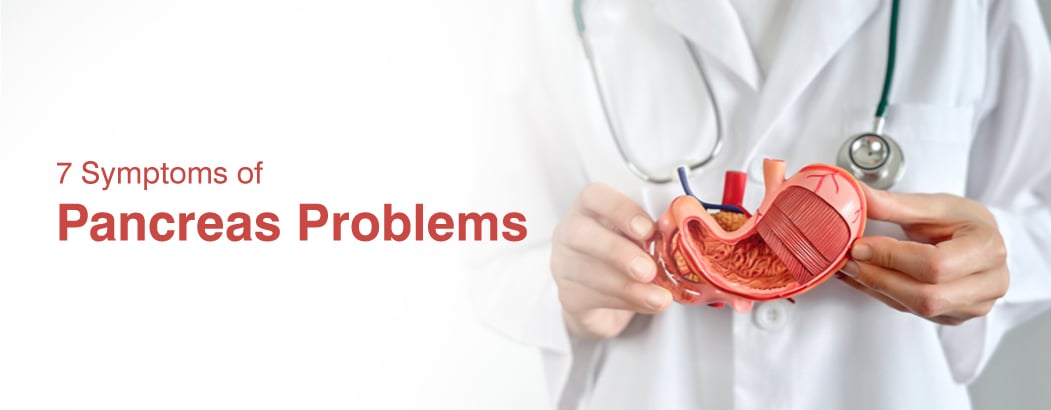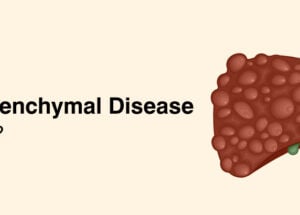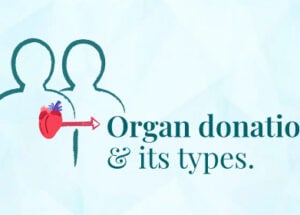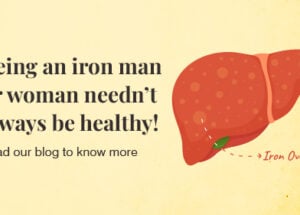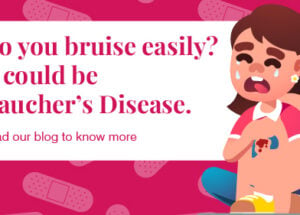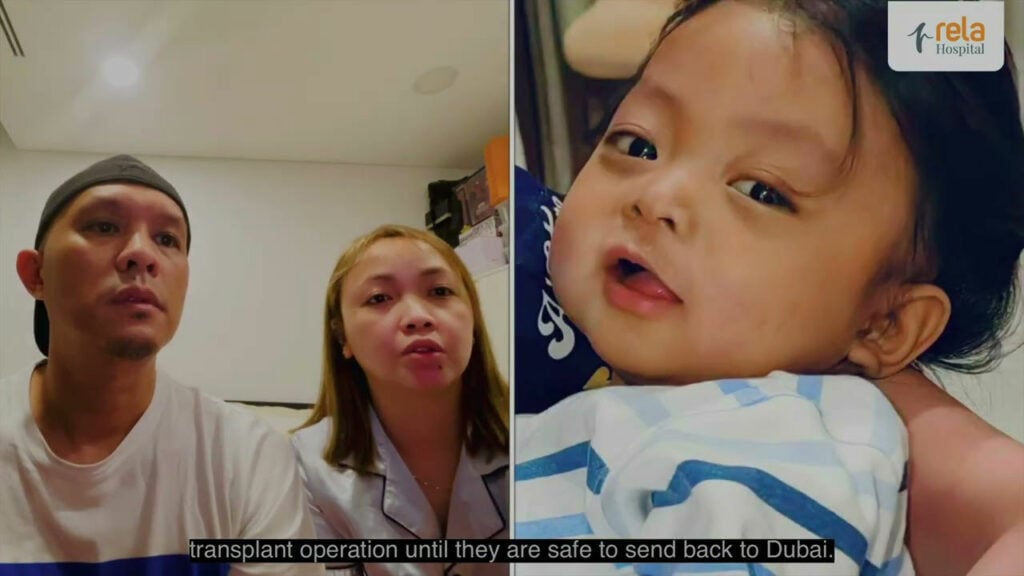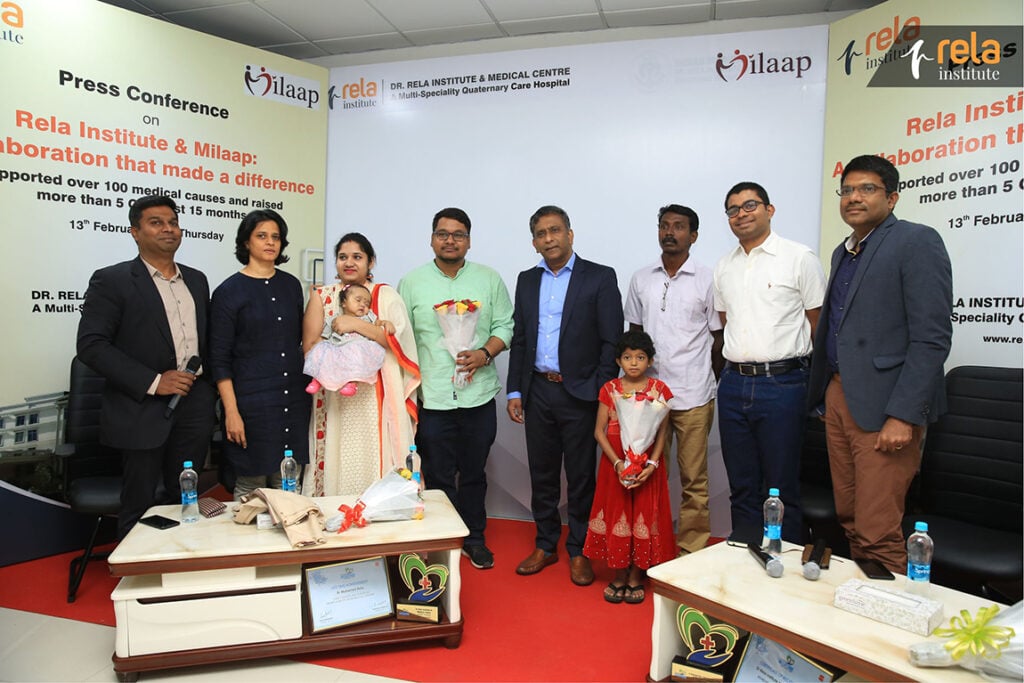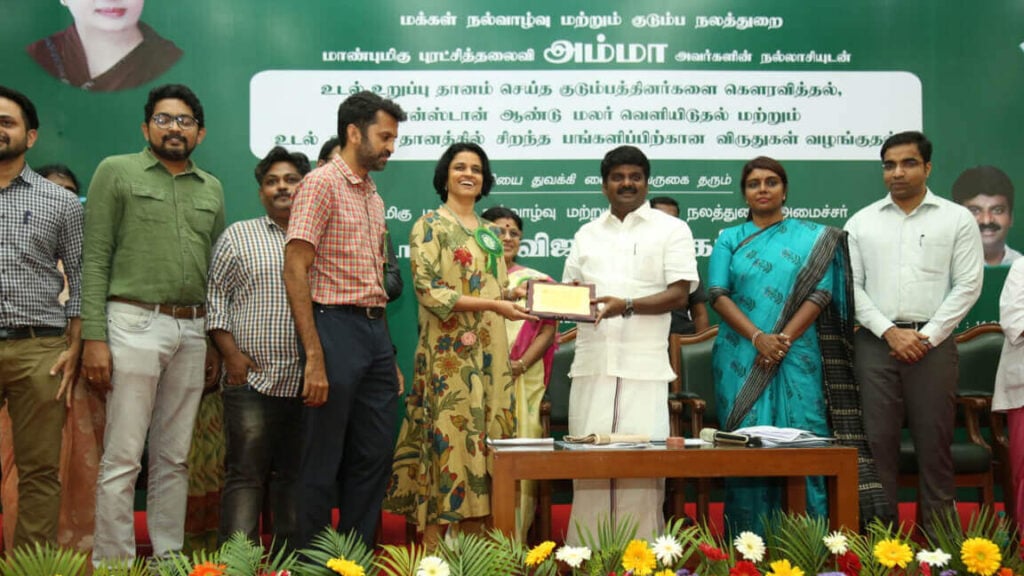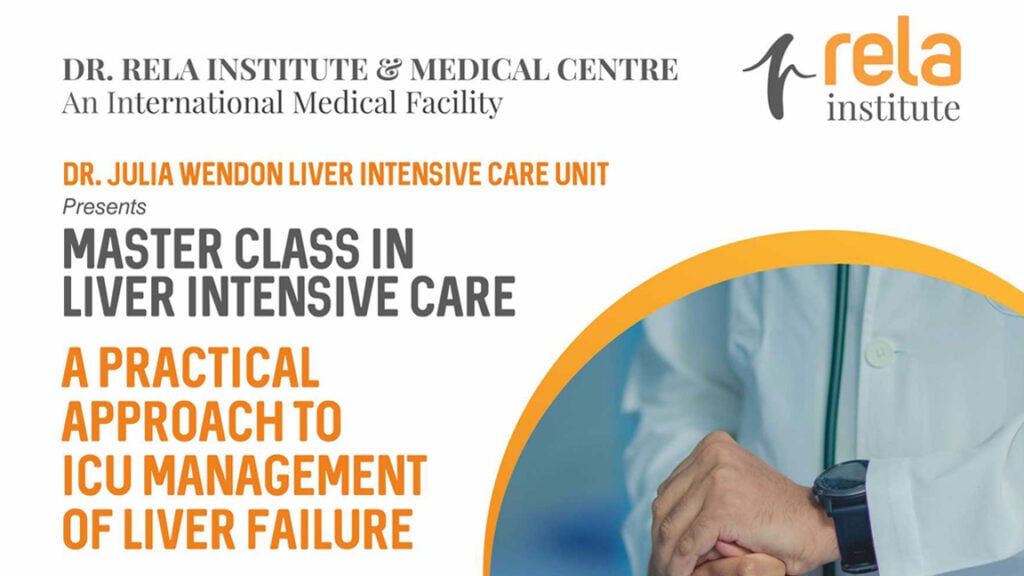Primary Biliary Cholangitis
The disease, Primary Biliary Cholangitis (PBC) or Primary Biliary Cirrhosis results when the liver’s bile ducts are damaged. Through these outlets, bile pours into the small intestine. Here, bile breaks down fats and helps absorbing vitamins soluble by fat. It also absorbs other vitamins.
When bile ducts are damaged, bile accumulates in the liver. When this happens over a protracted period, the bile build-up harms the liver and could cause cirrhosis and permanent scarring.
Though people suffering from PBC do not generally display its symptoms for a 10-year period, yet once the symptoms are displayed, the individual’s life expectancy rarely exceeds 10 years.
Stages of PBC
There are four stages in the development of PBC. They depend on how far this organ has been damaged.
- Middling-sized bile ducts display damage and signs of inflammation.
- Tiny bile ducts are blocked.
- Scarring begins in this stage.
- The development of cirrhosis is seen in this stage. This proves that the liver has received permanent and severe scarring.
Signs and Symptoms
The progression of PBC is so slow that one may not have symptoms for many years after a diagnosis is made. The initial symptoms are dry eyes and mouth, fatigue and itchy skin.
Later, other symptoms develop, such as:
- Stomach ache
- Skin darkening
- Loss of appetite
- Dry mouth
- Dry eyes
- Pain in the muscle, joints and bones
- Nausea
- White or yellow bumps developing below the skin
- Jaundice
- Swollen stomach due to fluid accumulation
- Oedema
- Fractures due to weak bones
- Diarrhoea
With time, PBC can cause increasing liver damage when the bile and other substances lie trapped in the organ. With the bile accumulated in the liver, very little of it can be used for digestion. In the absence of bile, the body cannot absorb sufficient nutrients from food.
Causes
PBC is a disease that makes the body’s immune system produce antibodies to destroy normal body tissues. The body’s immune system’s T cells make the mistake of assaulting the liver and damaging the bile duct’s cells.
Though doctors aren’t sure of the cause of the attack by the immune system, yet they feel it might be due to environmental and genetic factors. Women are far likelier to suffer from PBC rather than men.
Risk Factors
The risk factors of PBC include:
- Being between 30 years and 60
- Having a parent or member of the family already suffering from PBC
- Smoking
- Having high exposure to some chemicals
Prevention
Causes of PBC are unknown and however, you can do the following to reduce the extent of liver damage:
- Eat nutritious food that has an abundance of Vitamins A, D, E and K. By taking foods rich in Vitamin D and calcium, you could prevent osteoporosis.
- Avoid shellfish and foods rich in salt, carbs and fats.
- Exercise regularly, particularly walking.
- Give up bad habits like smoking, drinking and doing drugs.
- Take medicines regularly as instructed by your doctor.
Diagnosis
The early stages of PBC do not show up definite symptoms, so this condition is best diagnosed during a blood test. This is usually done by a hepatologist or liver specialist. The specialist will ask you about your personal health history, your family history and your symptoms. You will also need to go through a physical medical test.
To diagnose PBC, the tests you will be advised to undergo are:
- Blood tests to determine the functioning of the liver and liver enzymes
- AMA tests to check for autoimmune disease
- Liver biopsy to check for cirrhosis or abnormal cells like cancer
- Imaging tests like CT scan, ultrasound, X-rays and MRI scans will also be performed
TREATMENTS
There is no known cure for PBC, though there are medications that can retard its progress. Since bad habits usually harm the functioning of the liver, one way of treating this condition is to get rid of habits like smoking, drinking and using drugs.
Choosing for low-sodium foods can also help. When medications don’t help, your doctor may suggest a liver transplant.
Preparing for Your Appointment
To be prepared for your appointment, arrive on time. Bring with you a list of all the medications you take, the symptoms you experience, your personal information and any questions you would like to ask your doctor. Take along with you a family member or close friend who can fill in the gaps of information you would like your doctor to have. If you think of anything to say to your doctor or ask him, do so at the appointment.
MANAGEMENT
Medical Management
Doctors manage this condition with the help of specific medication. If one’s condition worsens despite this treatment, a liver transplant is suggested. The patient may undergo severe itching, which may be cured with specific medication.
Lifestyle & Others
- Avoid alcohol and tobacco completely
- Exercise regularly
- Eat low sodium foods
- Avoid eating shellfish and oysters
WHY Rela Hospital
Advantages/Expertise
With the setting up of Dr.Rela Hospital, Chrompet, Chennai, India, liver disease treatment isn’t difficult. World-renowned expert Dr.Rela and his team of specialists are at your service here, round-the-clock. So, whether you want primary biliary cirrhosis treatmentor any other liver disease, the experts here will attend on you using state-of-the-art equipment and medical techniques.
Already, they have built up a reputation for themselves in the niche field as being experts in cholangitis treatment in Chennai India. But you can also expect to experience their expertise as Liver Cirrhosis specialists in India. Of course, in the event that you need liver transplantation in end stage liver disease, you can expect the finest treatment from them.
For more details about this hub of liver disease treatment in Chennai, India, call them today on +91-9384681770


